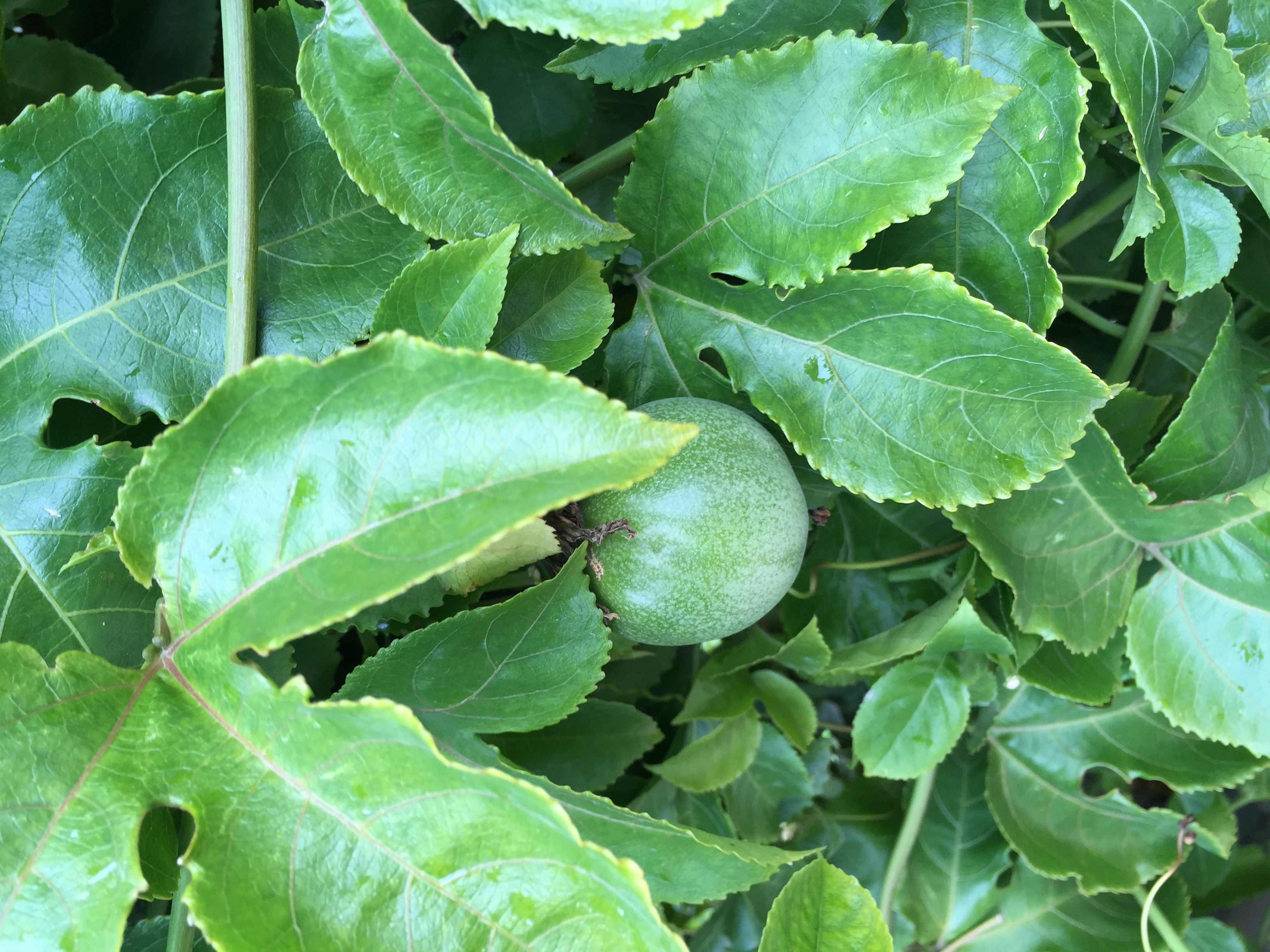
22 Sep 2016 Parshas Ki Savo: The Mitzvah to Rejoice
 In the beginning of this week’s parsha, Parshas Ki Savo, we are commanded regarding the mitzvah of Bikkurim, the bringing of the first fruits up to Yerushalayim (Devarim 26:1-11).
In the beginning of this week’s parsha, Parshas Ki Savo, we are commanded regarding the mitzvah of Bikkurim, the bringing of the first fruits up to Yerushalayim (Devarim 26:1-11).
When the landowner sees that the produce of his fields – only those of the shivas ha’minim (the seven species of Eretz Yisrael) – has begun to ripen, he must mark the first fruits as Bikkurim.
Rashi (Devarim 26:2) teaches: אדם יורד לתוך שדהו ורואה תאנה שבכרה כורך עליה גמי לסימן ואומר הרי זו בכורים – A man goes down to his field and sees that a fig has begun to ripen. He wraps a גמי – a reed-grass – around the first fruit as a sign and says, “This is Bikkurim.”
The word גמי, reed-grass, is significant in that it stands for: גמי = גדול מעשה ה׳, How great are the deeds of Hashem!
When the farmer sees the first fruits, the fruits of his labor, the bounty of his land, the results of his toil, he is to stop and recall that these fruits have grown by the grace of G-d, for it is His fruit, His land and only with His blessings that these fruits have grown.
The first fruits will be collected by the landowner, placed into a basket, and brought up to the kohen, to the Beis Ha’Mikdash, to the holy city of Yerushalayim in a joyous procession. From Shavuos to Succos, the bringing of Bikkurim is accompanied by the recitation of a special declaration (see 26:5-10), and from Succos onward, the landowner may bring the first fruits but does not recite the special declaration.
The passage of Bikkurim concludes with the command to rejoice: וְשָׂמַחְתָּ בְכָל-הַטּוֹב – and you shall rejoice with all the good that Hashem, your G-d, has given to you and to your household…(26:11).
It is not enough to consecrate the first fruits as kodesh, it is not enough to bring them up to the kohen in Yerushalayim, it is not enough to declare how great are the works of G-d. We must rejoice with all the good that He bestows upon us.
Rav Shamshon Rafael Hirsch writes (Devarim 26:11), “וְשָׂמַחְתָּ – Then, after you have understood, from your reflection upon the past, that you have only G-d to thank for the independence and prosperity of the present; and after you have expressed your renewed devotion to G-d based on this understanding, you shall rejoice before G-d in all the good things He has granted you…
“As a rule, the Bikkurim were not taken up to Yerushalyim by each individual on his own. All the cities belonging to a region would assemble in the district seat, where they would spend the night outdoors. At daybreak, the leader would call out, קומו ונעלה ציון אל בית ה׳ אלקינו – Arise! Let us go up to Tzion, to the House of our G-d! Before them went an ox (for a peace offering), its horns gilded and its head crowned with a wreath of olive leaves. The flute was played before them until they reached the outskirts of Yerushalayim. When they arrived there, they sent word to the city to announce their arrival, and then they set to work decorating their baskets of Bikkurim. The head of the Temple, assistants, and administrators went out to meet them. The number of greeters would correspond to the number of the arriving party. All the craftsmen in J’lem stopped their work, even if it was work they were under obligation to complete, and welcomed the visitors with the words, ‘Brothers from such-and-such a place, peace be unto you!’ The flute was played before them until they reached the Temple Mount. On arrival there, everyone, even the king, took his basket on his shoulder and entered the Templet Mount until reaching the forecourt. There, the Leviim began the song.”
How beautiful! How joyous! How momentous! How moving…. All this for some fruit?!
And yet, what a profound lesson we can derive from the mitzvah of Bikkurim, which is to be accompanied by simcha for the gifts Hashem bestows upon us – the large and the small, the major and the minor – each and every day.
For even one ripening fig comes to teach us: גדול מעשה ה׳ – How great are the workings of Hashem. And for this, indeed, we must truly rejoice.
A certain person, who was going through a difficult time, came to consult with R’ Nosson Tzvi Finkel zt’l (1943-2011), Rosh Yeshiva Yeshivas Mir Yerushalayim, who suffered from severe and debilitating Parkinson’s Disease for the last 20+ years of his life.
The person unburdened himself to the R’ Nosson Tzvi and then asked, “How does the Rosh Yeshiva learn mitoch yissurim (with such terrible troubles and afflictions)?” To which R’ Nosson Tzvi replied, “I don’t learn mitoch yissurim! I learn mitoch simcha (with joy)!”
As we prepare to enter a new year, 5777, let us stop, reflect, and count the multitude of blessings Hashem bestows upon us, each and every day. So that despite the all-too-often pain we all encounter, we may be zocheh to live, not mitoch yissurim, but mitoch simcha, as we ponder גדול מעשה ה׳ – how great are the wonders of Hashem.
בברכת בשורות טובות ושבת שלום,
Michal



Sorry, the comment form is closed at this time.